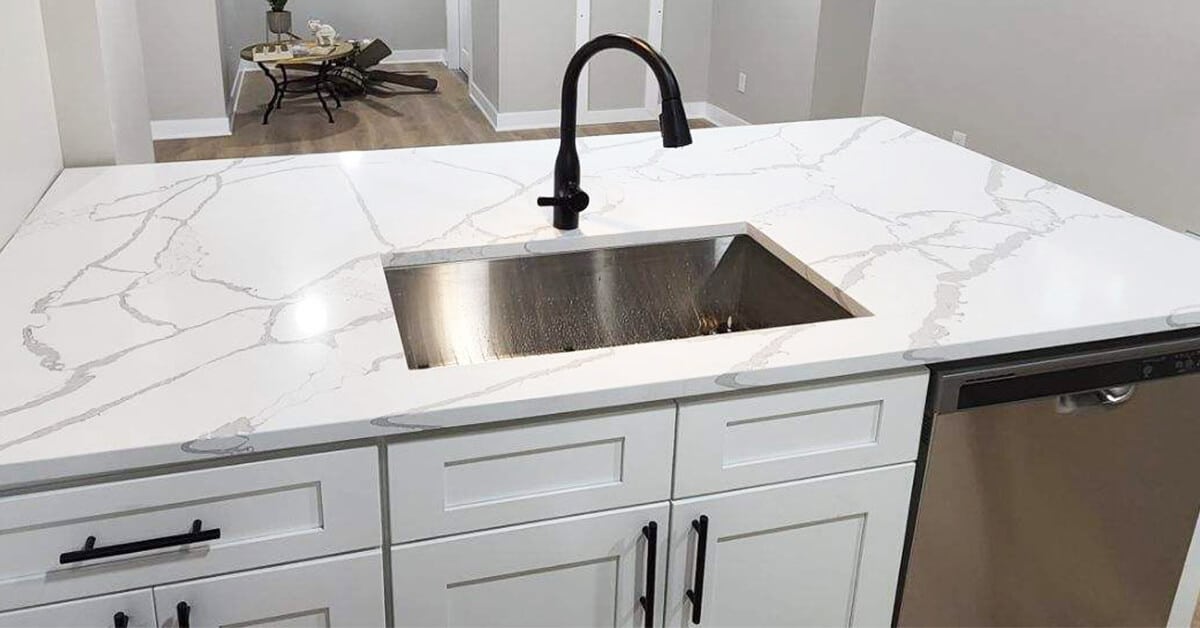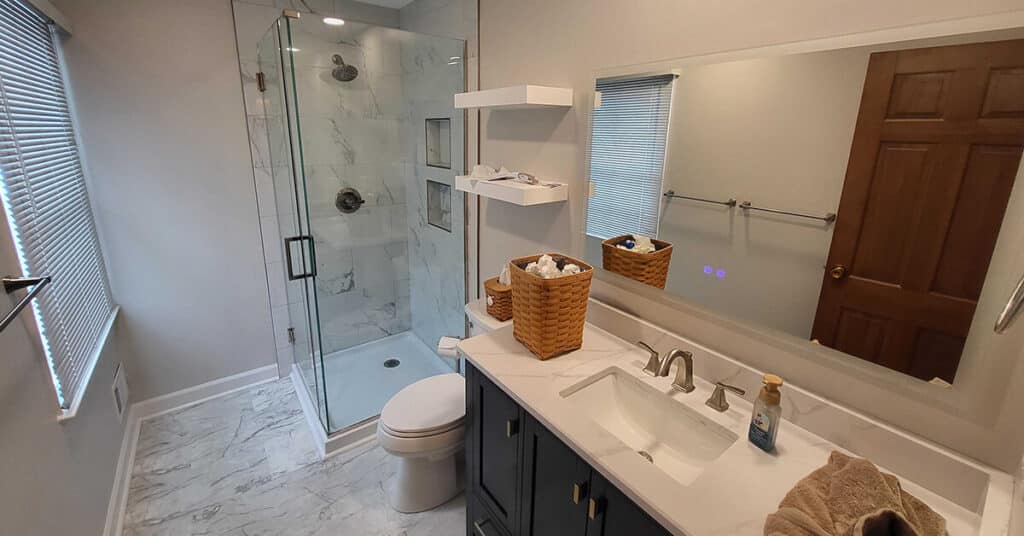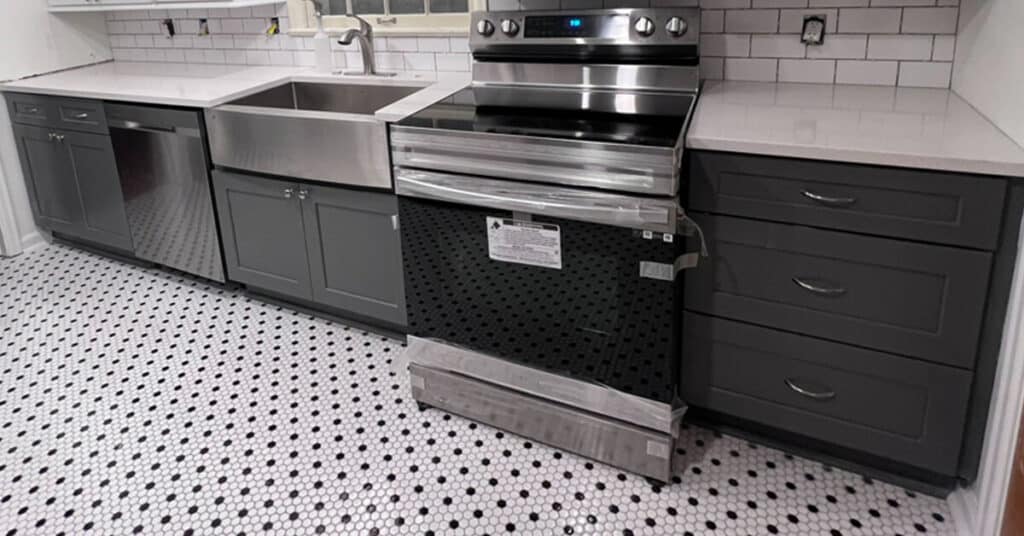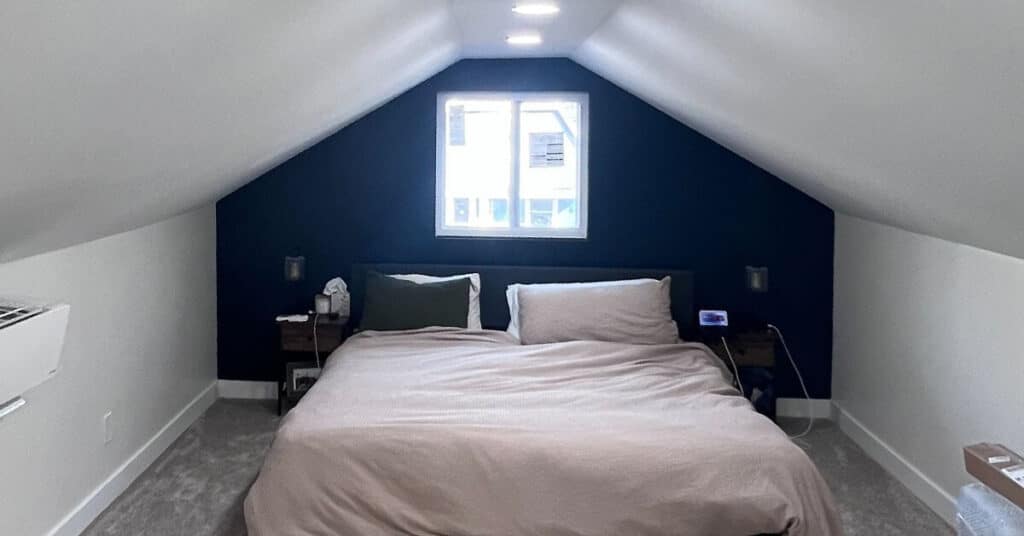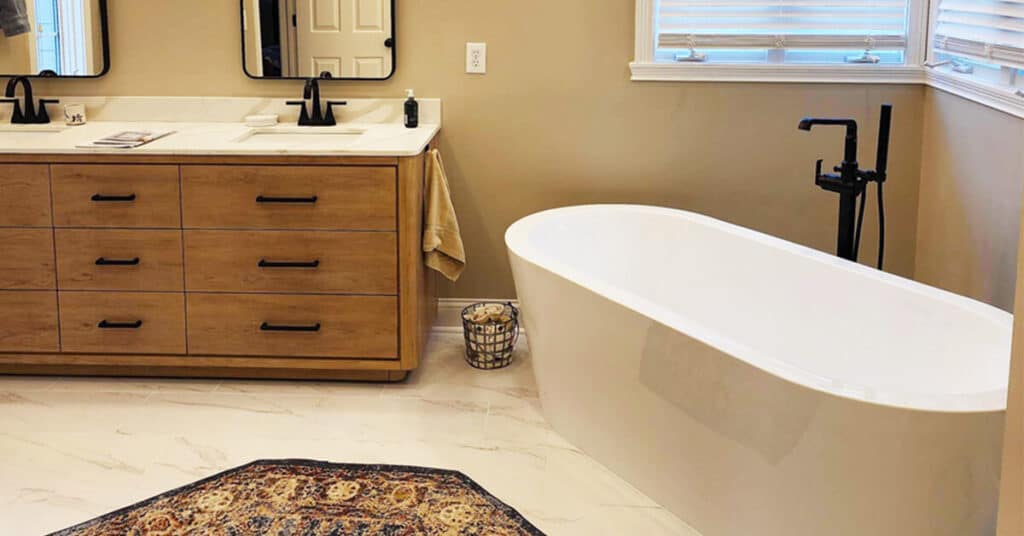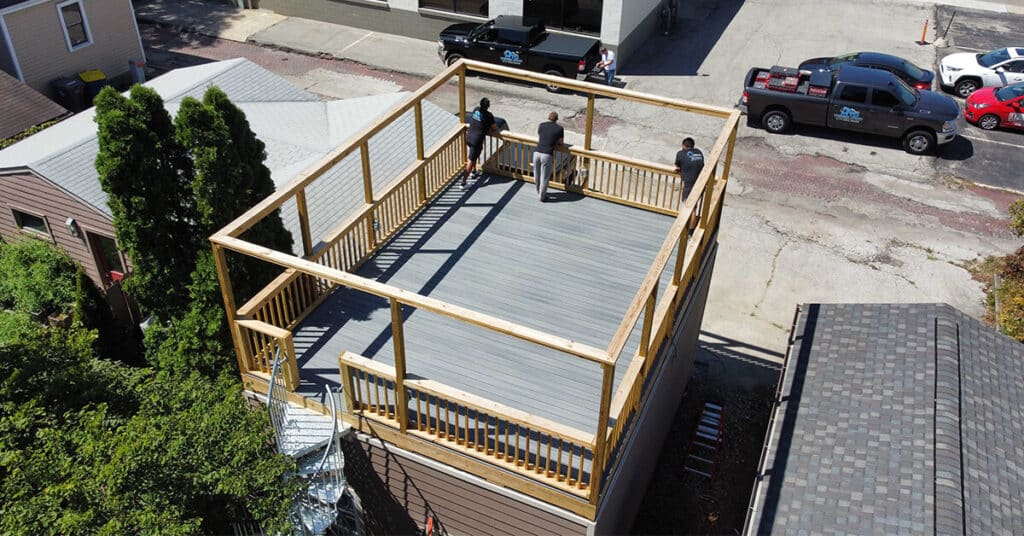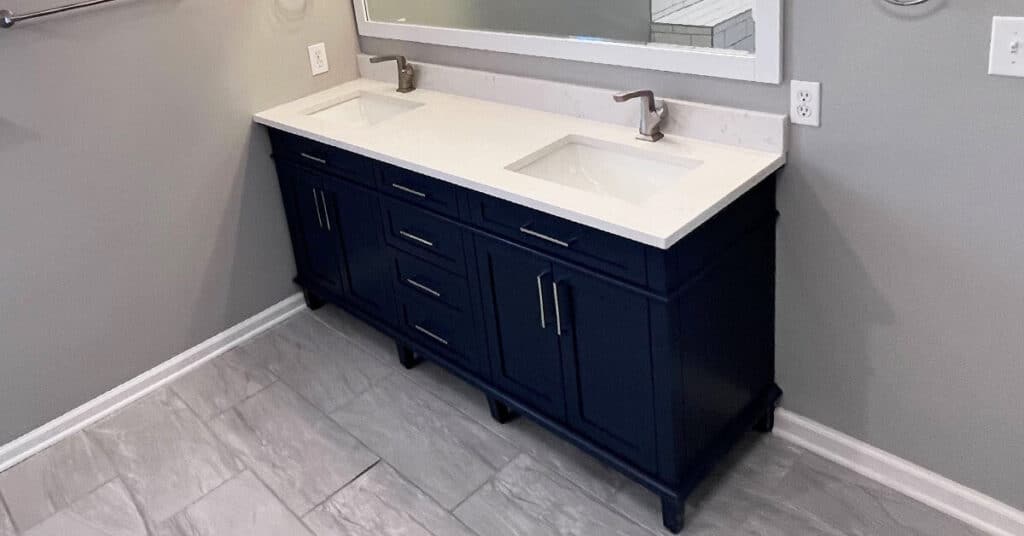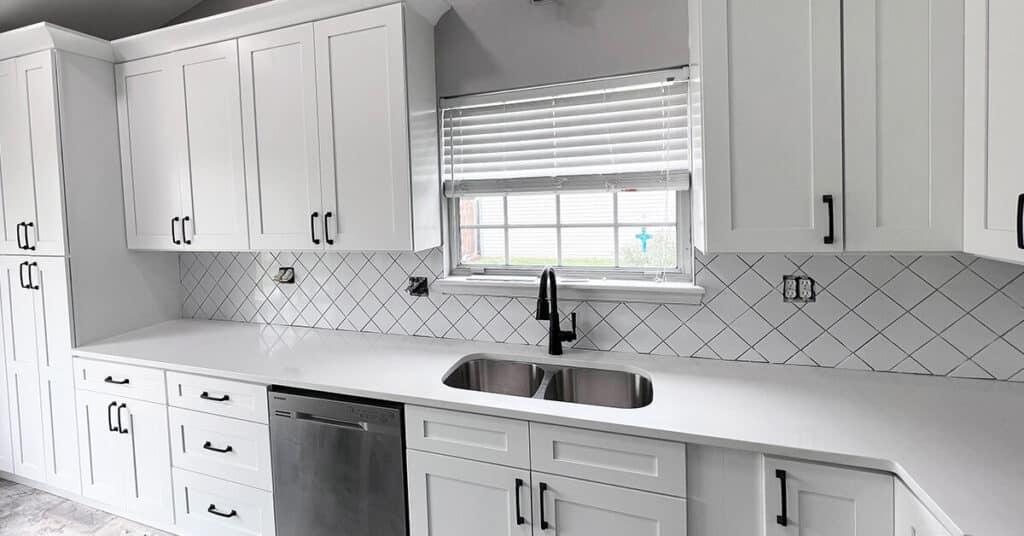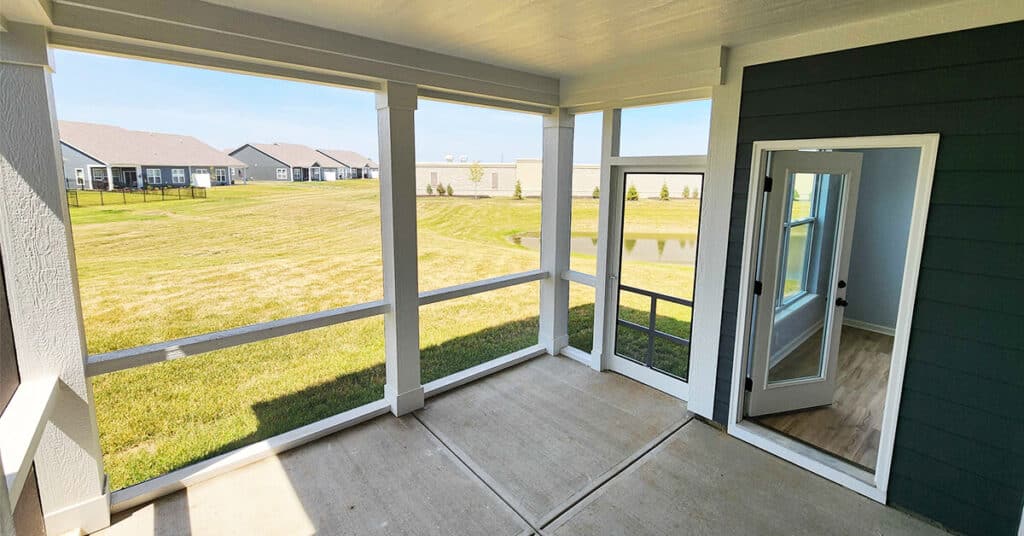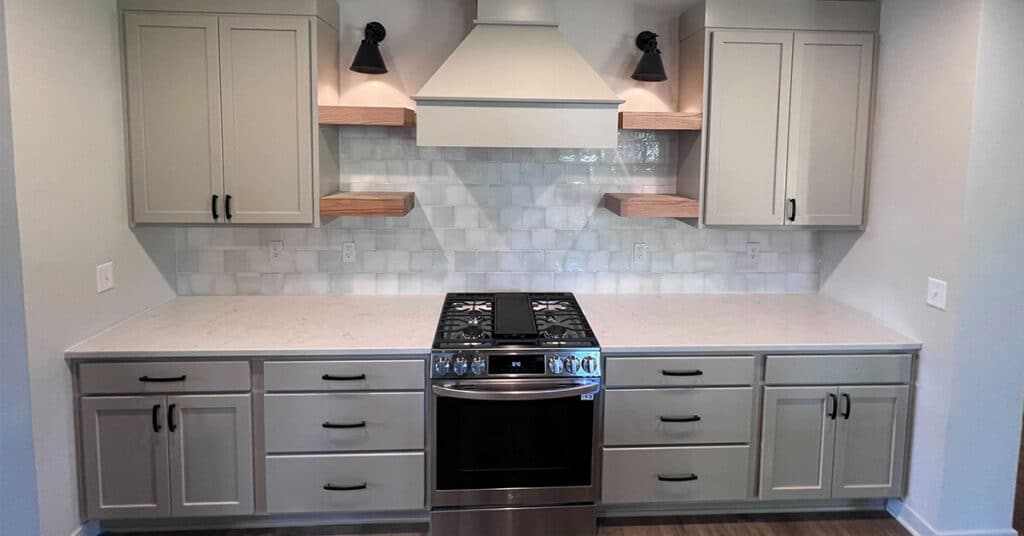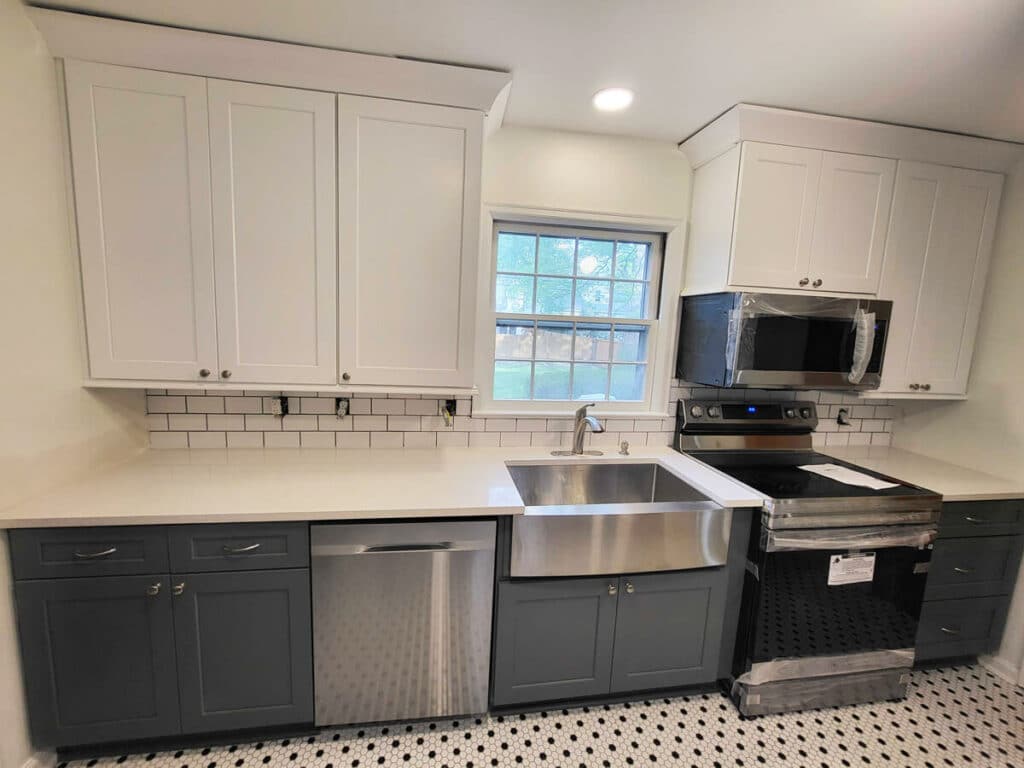When you’re remodeling your kitchen, “What are your kitchen countertop ideas?” may be the most frequent question you hear. Kitchen countertops symbolize a particular taste and style, as well as a certain budget and functionality. Today, a quick internet search will reveal a wide variety of kitchen countertop ideas to fit almost any need. We’ll break down what kitchen countertop is best for you.
Available Materials
When determining what kitchen countertop is best for your home, it’s important to understand the most commonly used types of materials available, as well as their pros and cons.
Laminate
Laminate countertops are composed of particle board or MDF (medium-density fiberboard) covered with a thin layer of plastic laminate material.
Pros: Laminate is the most budget-friendly option. It’s simple to install, and may even be conducive to a DIY project. There are also a wide variety of colors and patterns to choose from.
Cons: Laminate countertops are at the most inexpensive end of the spectrum, so they can be seen as a negative for resale. They are also more subject to damage than other materials.
Tile
Ceramic tiles can be used for a kitchen countertop; smaller sizes are not ideal, but larger squares can work, applied with grout over a cement board core.
Pros: Tile is also relatively inexpensive (second only to laminate) and is simple to install.
Cons: Grout can be difficult to clean, and tiles can break or crack easily. When they’re damaged, they require replacement of the entire tile.
Concrete
This option has been gaining popularity, and for good reason. It’s a versatile choice that can even be tinted with pigment to create a wide range of colors.
Pros: It’s relatively simple to install, and it offers many of the benefits of natural stone without the cost.
Cons: Concrete can be expensive and heavy. It can also showcase flaws where other materials won’t. It also requires regular treatment to seal.
Granite
Large slabs of granite (or, in some cases, granite tile) can be used for a beautiful countertop surface. This is a naturally sourced material.
Pros: Granite is considered a quality material for countertops, which makes it more valuable for resale. Granite slabs are also unique, making them visually interesting. They’re also quite durable.
Cons: Granite countertops do need to be installed by professionals, and they are more expensive than other materials. They also require periodic sealing to protect them from staining.
Marble
Marble is another option for naturally sourced stone. It’s very visually appealing, and its unique veining makes it a prized option for an eye-catching statement in a kitchen.
Pros: Every marble countertop will be completely unique. It’s a beautiful natural stone to compliment the rest of your kitchen design.
Cons: Marble is naturally porous, and marble kitchen countertops will require regular treatment and sealing. It can be scratched easily and is more expensive than other options.
Quartz
Quartz countertops are man-made from pulverized waste rock combined with resin. They’re an engineered product and do not occur in nature.
Pros: Quartz kitchen countertops can be quite durable, and they have unique features due to the natural inclusion of solid materials. They’re also valuable for resale.
Cons: Quartz countertops can be very heavy, and must be installed by professionals.
Comparative Costs
As with any key remodeling decision, you’ll want to know how much your kitchen countertop will cost. The answer lies in the material you choose. When determining which type of kitchen countertop to select, consider the amount you’ll be investing in your kitchen remodel. Keep in mind, these costs are estimates. Always confirm current material prices with your contractor.
Marble: 75-$250 per square foot
Granite: $45-$200 per square foot
Quartz: $55-$150 per square foot
Laminate: average $29 per square foot
Tile: $2-$30 per square foot
Concrete: up to $135 per square foot
Keep in mind, installation costs will vary, and will increase depending on the amount of labor required when installing your kitchen countertops.
Factors to Consider
First, think of the size of your kitchen. How many square feet of countertop does your kitchen have? Obviously, kitchen sizes and designs vary widely, but it’s safe to assume that an average kitchen countertop is 30 square feet. A total lengthwise measurement of 150 inches is recommended, and the kitchen countertop should be 24-25 inches deep.
Don’t forget to consider the height of the material you choose. A clearance of at least 15 inches is recommended between the countertop and the cabinets above. This allows space for appliances (and cooks) to work without hindrance. Kitchen countertops are 36 inches tall as a standard measurement.
Once you know the amount of materials you’ll need, you can consider the cost. Weigh the pros and cons of functionality and price. If you’re working with a smaller budget, your options may be more limited. If you’re looking at a bigger investment, you can be a bit more selective.
Contact Us with Questions
Modern Touch Contracting specializes in professional kitchen installations and remodels. We’ve been working with clients to create exceptional results for years, and we’re here to answer your questions! Contact us to set up your consultation.

